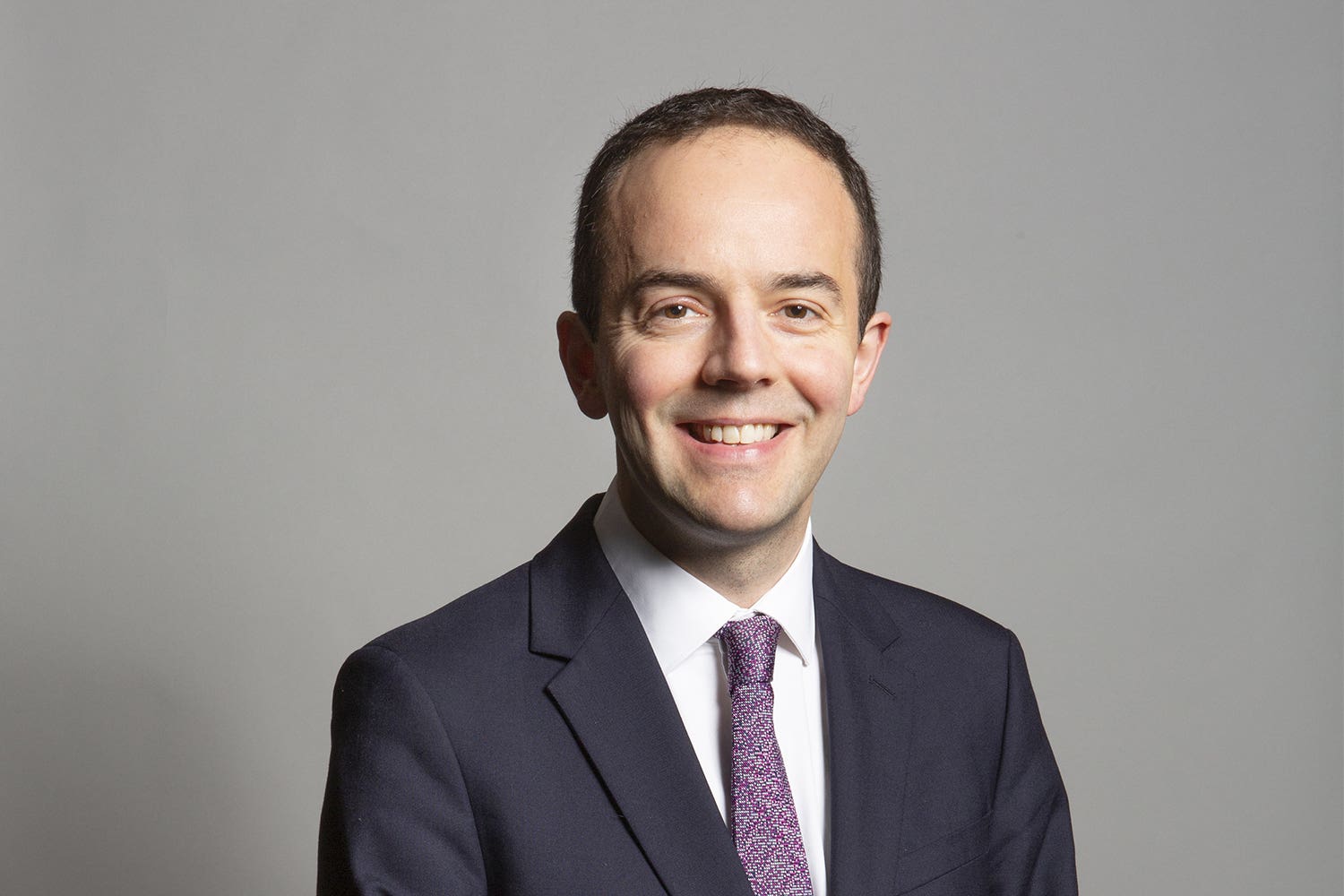‘Focus on’ where people are getting their money from, says Treasury minister
The Government has been asked repeatedly to define the term ‘working people’.

Your support helps us to tell the story
From reproductive rights to climate change to Big Tech, The Independent is on the ground when the story is developing. Whether it's investigating the financials of Elon Musk's pro-Trump PAC or producing our latest documentary, 'The A Word', which shines a light on the American women fighting for reproductive rights, we know how important it is to parse out the facts from the messaging.
At such a critical moment in US history, we need reporters on the ground. Your donation allows us to keep sending journalists to speak to both sides of the story.
The Independent is trusted by Americans across the entire political spectrum. And unlike many other quality news outlets, we choose not to lock Americans out of our reporting and analysis with paywalls. We believe quality journalism should be available to everyone, paid for by those who can afford it.
Your support makes all the difference.A Treasury minister has said it is “important to focus on” where people are getting their money from, as the Government continues to be questioned on its definition of “working people” ahead of the Budget.
The Government has been asked repeatedly to define the term in a bid to establish which taxes may rise in next week’s Budget as Chancellor Rachel Reeves looks to bridge what she calls the “£22 billion black hole” in the public finances.
Exchequer Secretary to the Treasury James Murray told Sky News on Friday morning that “a working person is someone who goes out to work and who gets their income from work”.
Pushed further on whether a working person could also get income from shares or property, Mr Murray added: “We’re talking about where people get their money from, and so working people get their money from going out to work.
“And it’s that money that we’re talking about in terms of those commitments we made around income tax, around national insurance. That’s what’s important to focus on, where people are getting their money from – getting their money from going out to work.”
Mr Murray also would not be drawn on whether landlords are working people when asked on BBC Radio 4’s Today programme.
After being asked repeatedly about whether landlords “work”, Mr Murray said: “I’m not going to get into too many hypotheticals here […] but what I’m very clear about is our commitment in the manifesto around working people and that’s why we pointed directly to the rates of income tax, to national insurance, to VAT and beyond that the Chancellor will set out the full package at the Budget next week.”
Labour’s general election manifesto pledged to “not increase taxes on working people” with a promise that national insurance, the basic, higher, or additional rates of income tax, and VAT would not be increasing.
Among the levies that are said to be under consideration for a hike in next week’s fiscal statement are capital gains tax, inheritance tax, and fuel duty.
The Prime Minister appeared to suggest on Thursday that asset owners would not fall within his concept of what a working person is, but Downing Street later clarified that people who hold a small amount of savings in stocks and shares still count as working people.
Mr Murray also said that the Treasury’s fiscal rules are in line with Labour’s election manifesto after Ms Reeves signalled she would rewrite the way Government debt is measured in next week’s Budget on Thursday.
She confirmed a technical change in the way she would measure progress against the target of managing debt.
Mr Murray told Times Radio that “what the Chancellor was setting out is what we pledged to do in our manifesto around fiscal rules”.
He added: “What the Chancellor has said is the second of her fiscal rules, the investment rule, will make sure that we measure debt differently to recognise the value of assets, not just the cost of investment.
“Because what’s crucial is that we have investment in this country that will underpin greater growth in the years ahead.”